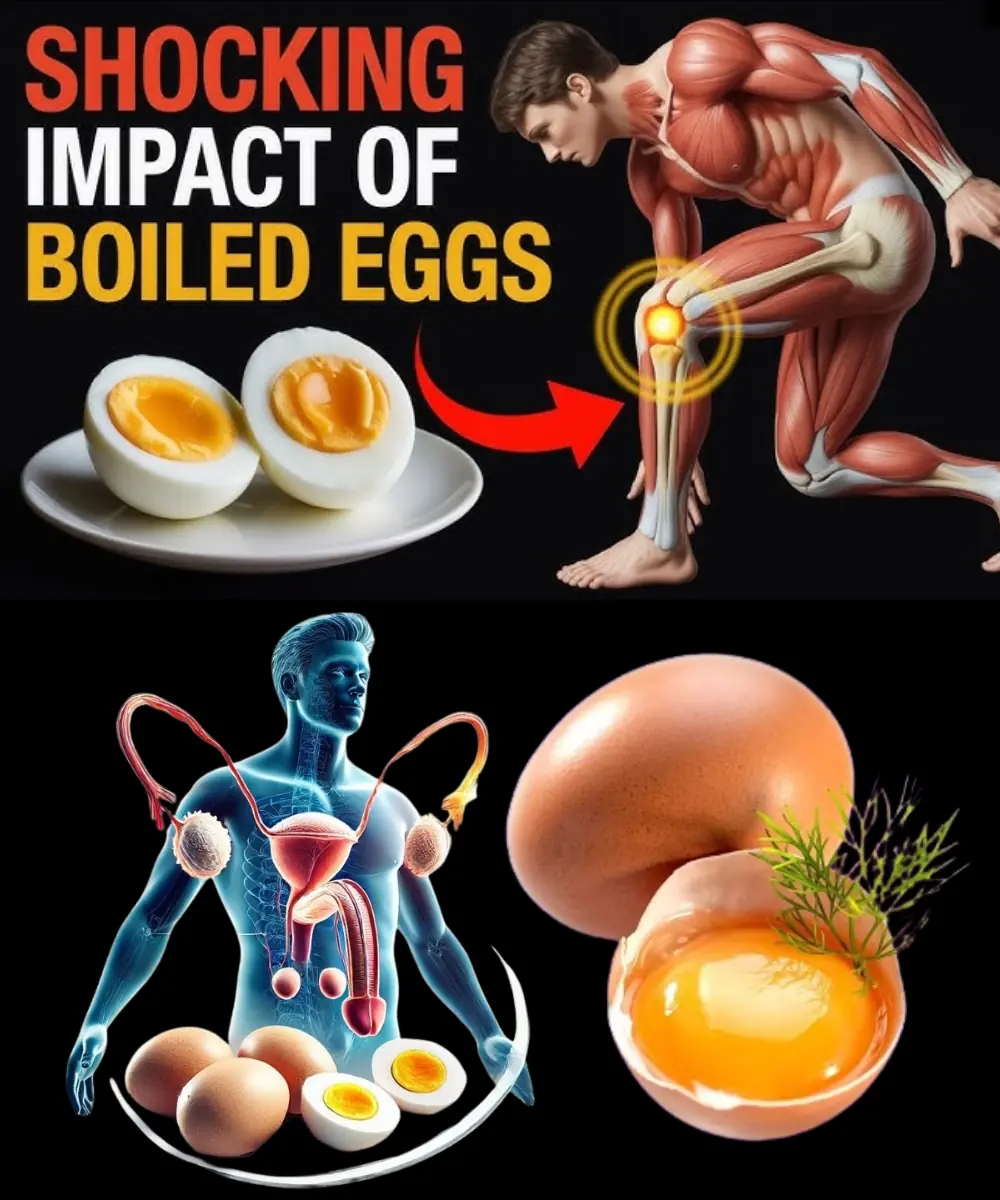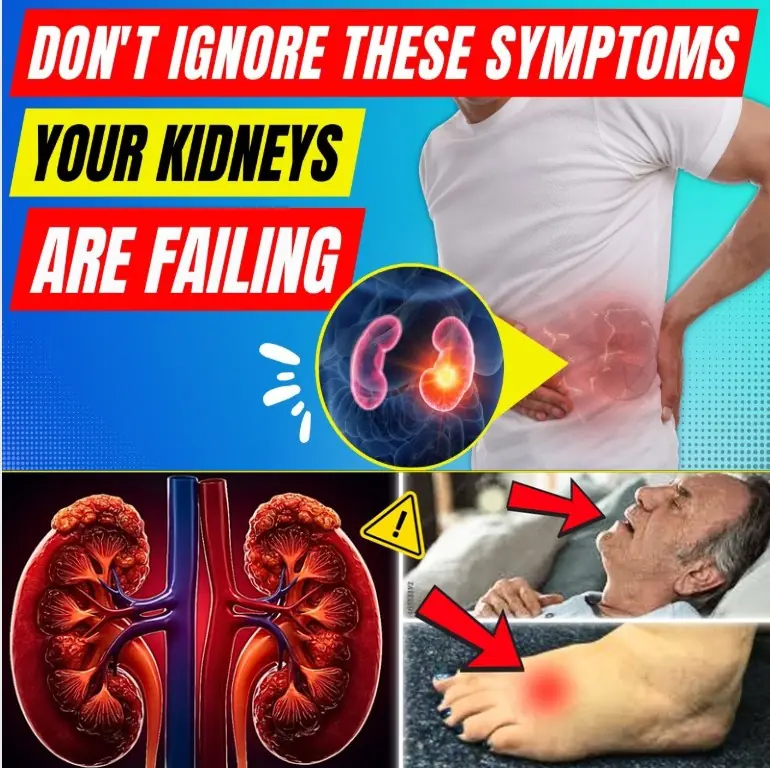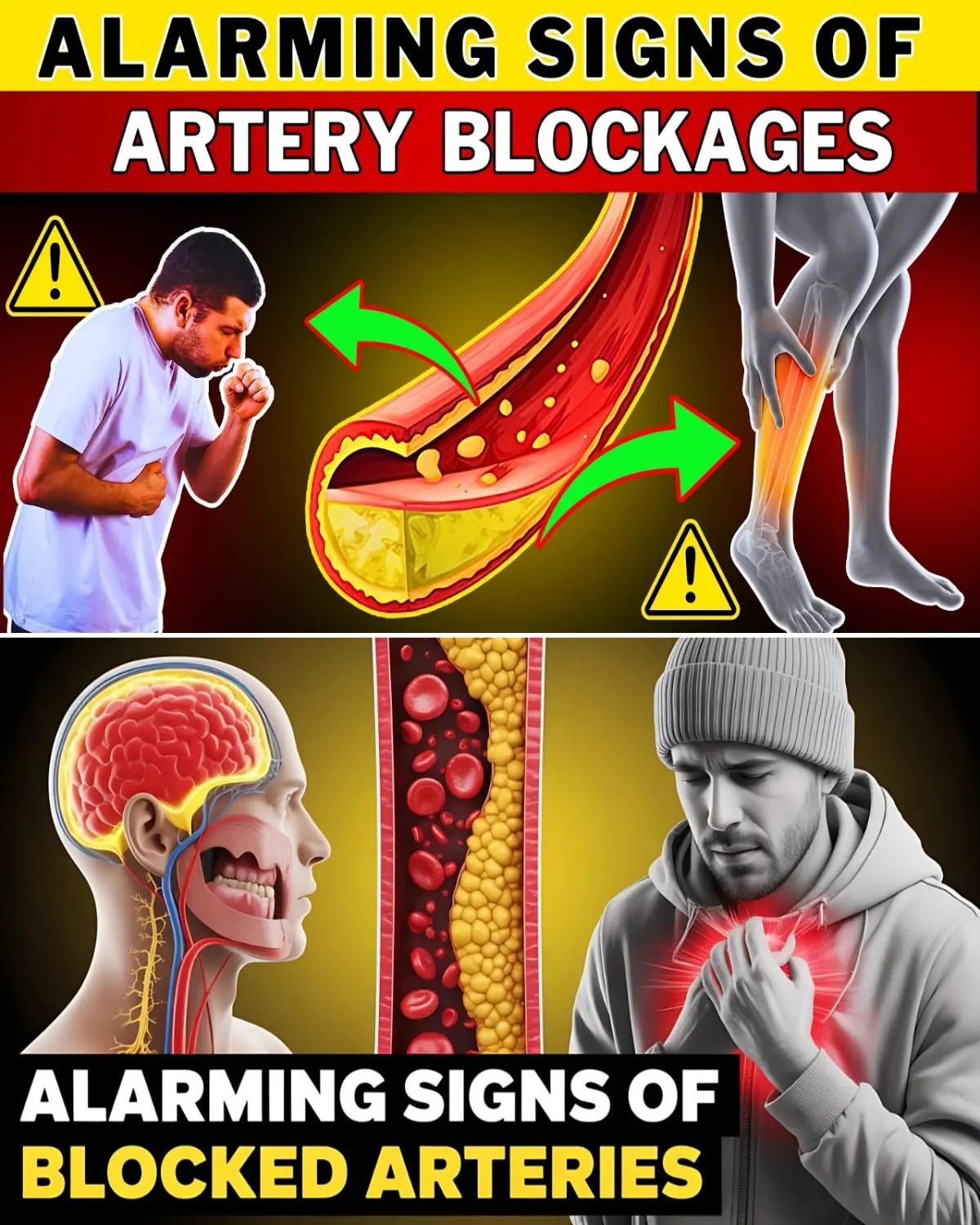
Signs of Stomach Pain You Shouldn’t Ignore

Stomach pain is a common health condition that affects many people, often becoming a persistent issue if left untreated. If not managed properly, it can lead to serious complications. That’s why monitoring symptoms, identifying causes, and seeking timely treatment is crucial for maintaining digestive health.
What Is Stomach Pain?
Stomach pain refers to discomfort or damage in the stomach lining caused by various factors, including excessive acid production or motor dysfunction. This condition leads to dull, burning, or pressure-like pain in the upper abdomen, commonly known as epigastric pain.
While the pain often subsides after a short period, in some cases, it becomes persistent and intense, signaling more severe health issues. Understanding the key symptoms can help you recognize when medical attention is necessary.
Common Symptoms of Stomach Pain
The symptoms of stomach pain can be mild or severe, depending on the underlying cause. While some cases present clear warning signs, others may only manifest as vague abdominal discomfort.
Here are the most common signs to watch out for:
1️⃣ Bloating & Fullness
✅ What Happens? – A common early symptom, bloating occurs when you feel full and gassy, even if you haven’t eaten much.
✅ Why It Happens? – Slow digestion and excess stomach acid cause a buildup of gas, leading to stomach distension and discomfort.
✅ Warning Sign: If bloating persists after every meal and worsens over time, it could indicate chronic digestive issues.
2️⃣ Loss of Appetite
✅ What Happens? – A noticeable reduction in hunger, leading to decreased food intake and unintentional weight loss.
✅ Why It Happens? – Poor digestion and inflammation in the stomach lining make eating uncomfortable, causing a natural aversion to food.
✅ Warning Sign: If skipping meals leads to weakness or nutritional deficiencies, it’s time to seek medical attention.
3️⃣ Nausea & Vomiting
✅ What Happens? – A persistent urge to vomit that may or may not lead to actual vomiting.
✅ Why It Happens? – Conditions like gastritis, stomach ulcers, internal bleeding, or even stomach cancer can cause frequent nausea.
✅ Warning Sign: Recurrent vomiting can lead to dehydration, electrolyte imbalance, and weight loss, increasing health risks.
4️⃣ Acid Reflux (Burping & Heartburn)
✅ What Happens? – Frequent burping with a sour or bitter taste in the mouth.
✅ Why It Happens? – Stomach acid flows back into the esophagus, leading to discomfort and burning sensations (heartburn).
✅ Warning Sign: If burping occurs for more than three consecutive days and worsens after eating or on an empty stomach, it could be a sign of acid reflux or chronic gastritis.
5️⃣ Epigastric Pain (Burning in the Upper Abdomen)
✅ What Happens? – A burning, aching, or pressure-like pain in the upper stomach area (just below the ribcage).
✅ Why It Happens? – Excess stomach acid irritates the stomach lining, causing pain that may radiate to the chest or back.
✅ Warning Sign: The pain comes and goes but can become chronic and more intense, especially during seasonal weather changes.
6️⃣ Upper Abdominal Pain & Cramping
✅ What Happens? – Cramping or sharp pain in the upper abdomen, especially before or after eating.
✅ Why It Happens? – A sign of early-stage gastric ulcers or chronic stomach inflammation.
✅ Warning Sign: The pain starts mildly but becomes more frequent and severe over time. It may occur when you are extremely hungry or after large meals.
When to See a Doctor?
⚠ If any of the symptoms above persist, don’t ignore them! Seek medical advice immediately to prevent complications such as ulcers, bleeding, or even cancer.
✅ Early detection and treatment of stomach conditions can prevent serious digestive issues and improve overall health.
💡 Listen to your body and take action! If you experience prolonged stomach pain, nausea, or appetite loss, consult a healthcare professional for a proper diagnosis and treatment plan. 🚑
News in the same category


Pumpkin Seed Milk — The Natural Parasite Cleanser

Fast Rice Water Trick for a Brighter Smile

Morning Drink to Revive Your Kidneys Fast

The Onion Recipe That Could Transform Your Blood Sugar, Support Cleaner Arteries, and Protect Your Heart!

Top 4 Fruits That Help Your Kidneys Flush Out Toxins While You Sleep

Ginger, Clove, and Honey: The Natural Trio Your Body Will Thank You For

Heal 15 Years of Joint Pain Naturally with Turmeric and Honey Tea

This Juice Revived My Grandma’s Energy — Say Goodbye to Fatigue and Body Pain with This Natural Recipe

I’m 66 but Look 36 — My Secret? Aloe Vera & Ginger for Firm, Smooth Skin

How to Make Okra Water to Treat 17 Health Problems Naturally

Banana and Egg Mask to Look Younger Even in Your 80s

Scent Leaf Secrets Unveiled: 10 Surprising Health Benefits of This Miracle Herb

From White Hair to Black Hair Naturally in Just 5 Minutes — Fast Hair Growth Remedy

Boost Your Immune System Year-Round with Garlic, Onion, and Lemon

When You Start Eating 2 Eggs Every Day, Here’s What Happens to Your Body (Is It BAD??)

13 Warning Signs Your Kidneys Are Failing – Don’t Ignore These Symptoms

Save Your Heart: 8 Foods to Naturally Lower Cholesterol

Silent Signs of Artery Blockages Seniors Can’t Ignore
News Post

WHAT HAPPENS WHEN WE TONGUE KISS…See more

Nature’s Secret: 4 Healing Leaves That Support Metabolism, Immunity & Circulation Naturally

Don’t Drink Coconut Water Before You Know These 11 Secrets!

Pumpkin Seed Milk — The Natural Parasite Cleanser

Fast Rice Water Trick for a Brighter Smile

Morning Drink to Revive Your Kidneys Fast

The Onion Recipe That Could Transform Your Blood Sugar, Support Cleaner Arteries, and Protect Your Heart!

Top 4 Fruits That Help Your Kidneys Flush Out Toxins While You Sleep

Ginger, Clove, and Honey: The Natural Trio Your Body Will Thank You For

Heal 15 Years of Joint Pain Naturally with Turmeric and Honey Tea

This Juice Revived My Grandma’s Energy — Say Goodbye to Fatigue and Body Pain with This Natural Recipe

The Benefits of Eating 2 Boiled Eggs Every Morning: Transform Your Health!

If Your Kidneys Are in Danger, Your Body Will Send You These 8 Signals — Don’t Ignore Them

The Surprising Effects of Avocado on Your Heart and Brain

Ways to Get Over a Man Who Didn’t Value You

I’m 66 but Look 36 — My Secret? Aloe Vera & Ginger for Firm, Smooth Skin

How to Make Okra Water to Treat 17 Health Problems Naturally

Banana and Egg Mask to Look Younger Even in Your 80s

Scent Leaf Secrets Unveiled: 10 Surprising Health Benefits of This Miracle Herb
